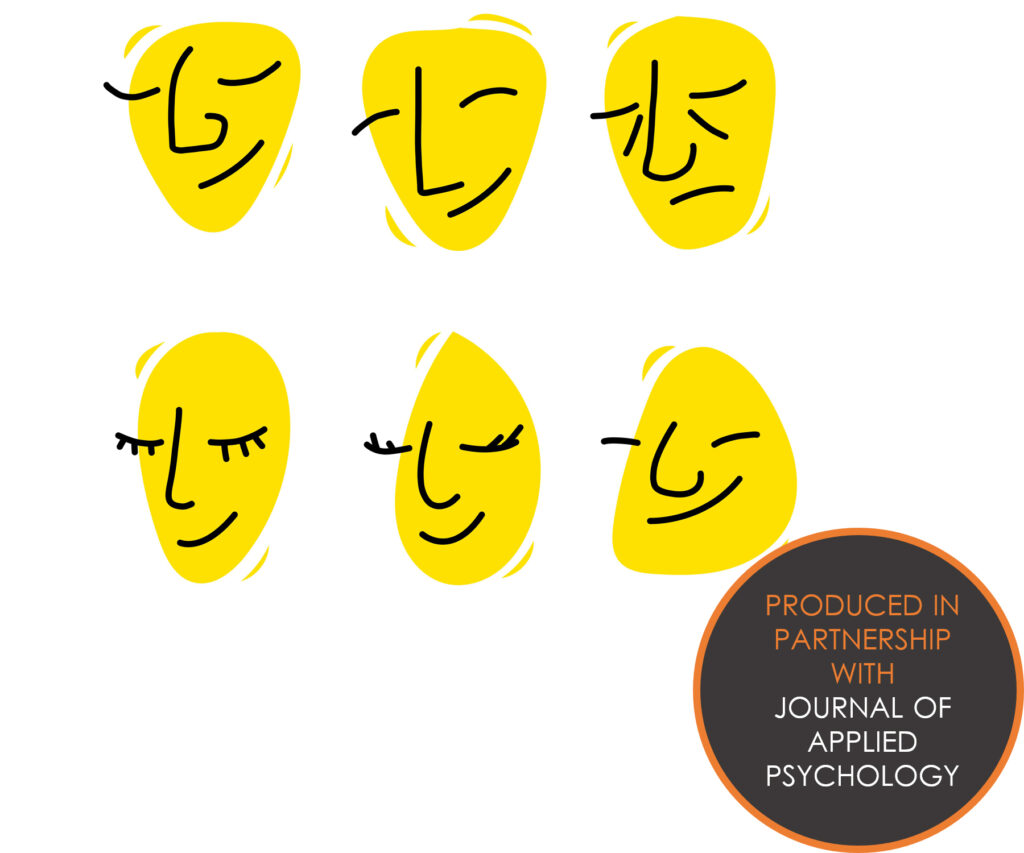Personality assessments are commonly used by coaches, recruitment managers, and career advisers for various purposes, such as guiding individuals in their career paths, aiding organizations in selecting suitable candidates, and supporting employee development. Despite the widespread use of personality assessments, there has been a lack of comprehensive research on how personality traits differ across different professions. A recent study by Anni et al. (2024) aimed to fill this gap by examining the personalities of over 68,000 individuals across 263 professions.
The researchers collected data from a large sample of Estonian participants who completed various personality measures, including the Big Five and Smaller Facets, along with information about their professions. By grouping job titles into categories (e.g., software developers), the researchers found that these professional groups accounted for 2% to 7% of the variance in Big Five personality scores. This suggests that while there are differences in personality traits across professions, other factors also play a significant role.
The study revealed that certain professions were associated with specific personality traits. For instance, shipping engineers scored highest in conscientiousness, advertisers in extraversion, electronics engineers in agreeableness and openness, and actors in neuroticism. Professions with higher levels of extraversion and conscientiousness tended to have more similar employees, possibly due to individuals being naturally drawn to these roles or being selected based on these traits. The findings were corroborated by personality assessments provided by others, such as spouses.
The researchers developed an interactive tool that allows individuals to explore the average Big Five scores for various occupations. This tool can be valuable for helping individuals identify career paths that align with their personality traits and avoid potential mismatches. While extraversion and openness were found to be the most variable traits across professions, it is essential to consider other factors, such as unique skills and knowledge, when matching individuals with jobs.
In conclusion, the study sheds light on the relationship between personality traits and professions, highlighting the importance of considering individual differences in career planning and recruitment processes. By leveraging tools like the one developed by the researchers, individuals can make more informed decisions about their career paths based on their personality profiles. This research contributes to a better understanding of how personality influences occupational choices and job performance, ultimately benefiting both individuals and organizations in achieving a better fit between employees and roles.
Reference:
Anni, K., Vainik, U., & Mõttus, R. (2025). Personality profiles of 263 professions. Journal of Applied Psychology, 110(4), 481–511.
Image Credit: Unsplash+

